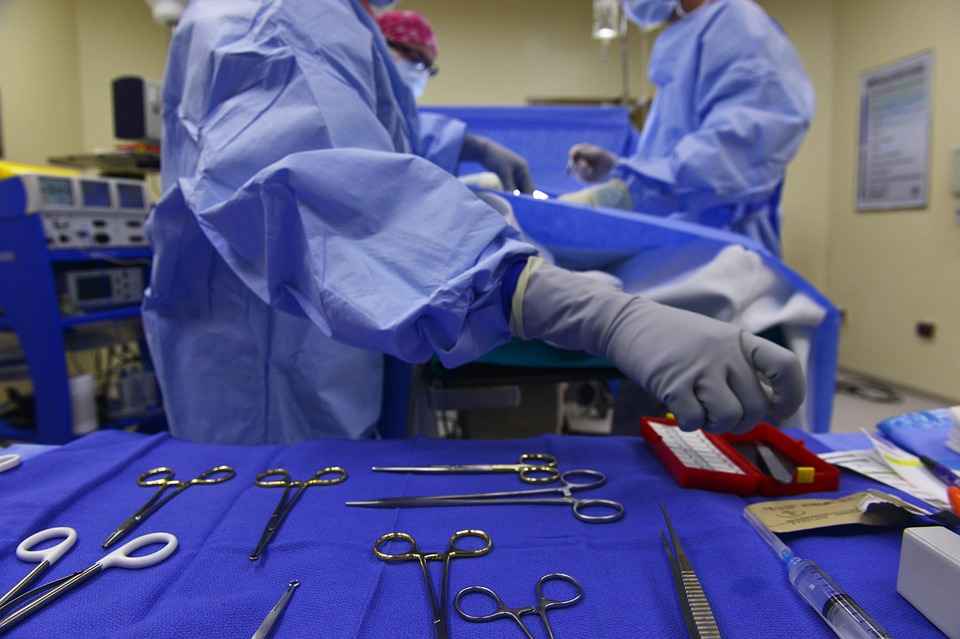Entomologist
Who Is An Entomologist?
An entomologist studies insect habitats and their biological evolution. As an entomologist, you may have to discover and study new species of insects, develop ways to control harmful insects, and research and control insect-borne diseases.
For example, you will be asked to study a certain species of mosquitoes native to a specific region, understand why it’s developing resistance against a certain vaccine strain, and help scientists defeat the disease.
Roles & Responsibilities
Studying, monitoring, classifying, and cataloguing insect species. For example, if you come across a new species of insect, you must study and monitor its behaviour and environmental stimuli (reaction to surroundings), do a taxonomy study (classifying the insect’s genus, kingdom, phylum, species, etc.), record the bacteria (good or bad) it carries, and more.
Studying the insect’s physiology (study of its organs and anatomy), genetics (study of its hereditary), behaviour, ecology, and habitat. Suppose, you specialize in the study of a certain species of beetles. You must, then, understand their anatomy, map their ancestry (genetics), study their behaviour and their relation to their surroundings.
Researching beneficial insects and their role in nature. For example, depending on your specialisation, you might be conducting a scientific experiment to analyse how bees are having a positive impact on the plant and flower species they pollinate.
Researching the impact of insect pests and how to control them. Not all insects are good for nature, or for us. For example, a certain agricultural area infested with locusts (a type of disease-carrying grasshopper) would be vulnerable to widespread crop loss. Your research will include your recommendations on tackling such an infestation of locusts. Additionally, you will be working with other scientists to develop crops that are resistant to these locusts.
Developing and testing new insecticides using bacteria, viruses, or fungi to control these pests. For example, you may have to tag with a team of chemists and biochemists to analyse what chemical (organic or inorganic sources) would be effective against the insect pest in question.
Managing and maintaining heritage archives and museum records on fossilized or petrified insects. As an entomologist, you also get to research ancient and extinct insects preserved by archaeologists in museums. By studying these records, you also get a strong idea of past environments.
Helping investigators solve crimes by studying insects and larvae found at crime scenes. This highly specialised field is popularly called Forensic Entomology. In a given case, you might work to determine the age of the insect/larvae and match it with other evidence to hence pinpoint the time of crime.
Producing scientific literature to help others identify insect species. For example, you will create a document (in the form of media, talks, shows, etc.) to raise public awareness about new and emerging species.
Educating children via schools and wildlife groups to encourage their interest in entomology. This is a major responsibility as an entomologist, since you will be working closely with academic establishments.
Take the Mentoria career assessment, to find out how well-suited you are as an Entomologist.
Discover your Ideal future
Get expert guidance and mentorship towards your perfect fit.
What Skills Will I Need To Have To Do This Job Well?
As exciting as this sounds, there are some things you’ll need to learn to do the job right:
CRITICAL THINKING SKILLS
This includes logic, skepticism and rationality- something every scientist requires, to be able to do their job well. Deductive reasoning is a must to be able to derive answers to questions related to genetics of insects, their biological evolution, their future impact on ecology, conservation methods, etc. You will also be dealing with copious amounts of biological data that requires stringent analysis and you must be critical of your own theories.
ORGANIZATIONAL SKILLS
This involves maintaining meticulous records of the data that you collect regarding insects and their environment. Learning specialised softwares to assist with the same will help too.
PROBLEM-SOLVING SKILLS
Entomological problems require finding advanced solutions via the fields of genetics, biology, and even forensics.
COMMUNICATION SKILLS
You will be working mostly in research and academic settings. Effective communication with your peers and authorities is thus essential to get your work moving, and to critically work with the feedback that you receive.
MEMORY SKILLS
Although there is software that you will use to record millions of insect species in the world, you still require a powerful memory in order to distinguish one insect species from the other despite the tiny physical differences among many of them, and to connect the dots to further your findings.
COMPUTER SKILLS
You will require to learn how to use database software (chemistry, biology, and entomology) efficiently and thoroughly to record your data and sift through it when needed.
TECHNICAL SKILLS
This goes without saying. – you need an extremely strong knowledge base in biology, zoology, microbiology and allied fields, along with mathematics and chemistry.
What Will My Workplace Look Like?
Your work life will vary with respect to where you work, your specialisation, and the scale of your job.
As an entomologist, your work setting can be – a research laboratory, a forensics laboratory, a university zoology department, a bee farm, a remote makeshift lab in a frigid location, the desert, near a volcano, in forests, agricultural farms, underwater, a museum, an archaeological excavation, etc. The list is endless.
Your hours will be standard if you are working in a research lab or an academic institution. However, your timings will increase when you’re involved with field work. You will also be attending or giving lectures in conferences. However, entomologists generally are required to remain indoors and do not travel much other than to the field.
You can be a freelance entomologist. You can work with either private or public institutions such as Disease Control authorities. Get ready to work with some really dangerous insects on some really dangerous and disease-ridden sites!
Thinking of a career as an Entomologist? Take the Mentoria assessment test & talk to our career counsellors to get personalized step-by-step guidance for your future career path.
What Is My Scope For Career Growth As An Entomologist?
Graduates in Entomology would start off their careers as entry-level technical officers, administrators, or research scientists in the seeds, agrochemical, agriculture, food industry, or in pest control, the military, healthcare sectors etc.
You can also get promotions to on-field jobs depending on your skills. With enough experience, you can even get posts in scientific organisations and academic institutions as educators and researchers.
How Much Will I Get Paid?
The exact number will depend on where you’re working, your education, skill set, and internship experience. But we can give you a general idea.
An entomologist earns between approximately Rs. 2,70,000 (entry level) to Rs. 4,90,000 (experienced) in India. They also get additional bonuses based on their performance.
Okay, I'm sold. This is amazing

STEP 1: Class XI – XII/Junior College
Go to high school or junior college and take up biology and mathematics as your core subjects besides physics, chemistry and computers.

STEP 2: Entrance Exams
You must write entrance exams for Bachelors of Science in either biology or directly entomology. There are only a few colleges offering BSc Entomology courses in India, but for BSc (general) you will have plenty of options.

STEP 3: Graduate Degree
During your BSc, you will study zoology as one of the subjects. Keep a special focus on this while studying hard for others as well.

STEP 4: Postgraduate Degree
This is an optional step if you have already chosen entomology as your BSc specialisation. However, if you chose BSc in Biology, you must go for a Masters in Science and then, optionally, a Doctoral program, focused on your chosen specialisation in Entomology.

STEP 5: Land a Job
Now you have graduated with a relevant degree, maybe even a post-graduate degree and a PhD. You also have an amazing set of skills and an absolute love for those little creatures. Put all this to use to bag a job!
Sign Up for Mentoria - India’s Most Reliable Career Discovery Platform
Mentoria promises to handhold you during your career discovery journey - from the time you sign up until you get into a career you love.
Discover your Ideal future
Get expert guidance and mentorship towards your perfect fit.


